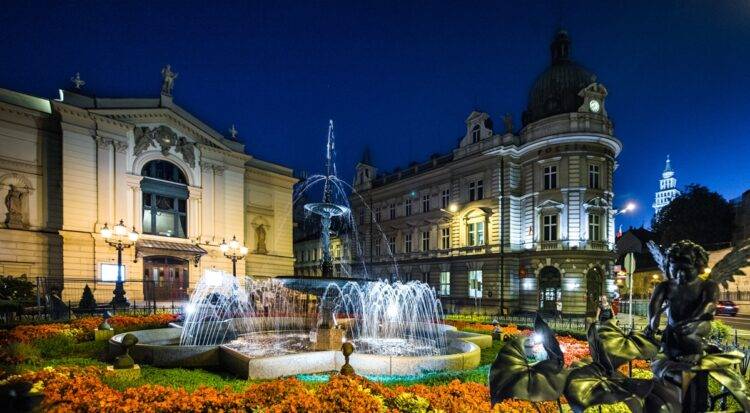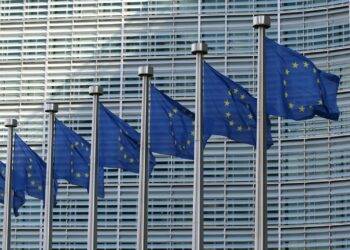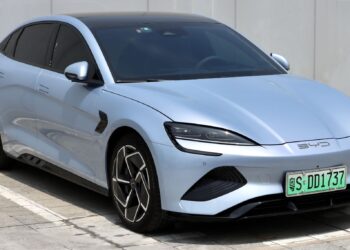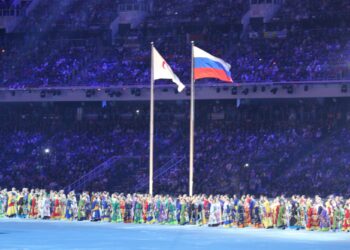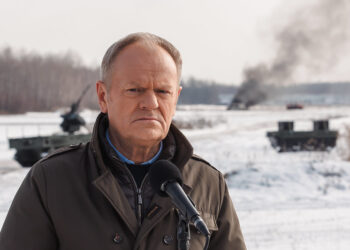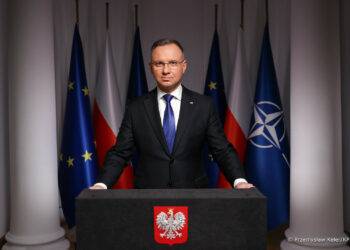Bielsko-Biała, a city nestled in the Beskidy Mountains, has completed its final presentation to the European Commission in a bid to become the European Capital of Culture (ECC) for 2029. The delegation, led by Mayor Jarosław Klimaszewski, faced the panel in Warsaw, presenting the city’s vision and projects, which aim to integrate culture with solutions to social issues. The competition for the ECC title includes Katowice, Kołobrzeg, and Lublin.
The presentation was the culmination of nearly two years of effort involving around a thousand people, according to Klimaszewski. The mayor expressed optimism after answering all the commission’s questions, stating, “We have good feelings. Nothing caught us off guard.” Bielsko-Biała was the first city to present, with Katowice, Kołobrzeg, and Lublin following shortly after.
Klimaszewski highlighted the city’s strategic vision, which focuses on the role of culture in addressing psychological challenges faced by youth. The plan emphasizes the therapeutic benefits of cultural engagement, although it does not replace medical interventions. Projects outlined in the city’s “Bidbook” include a variety of initiatives, from artistic events tied to the region’s natural landscape, like the “Magic Peak” project, to technological experiments that interact with people’s emotions.
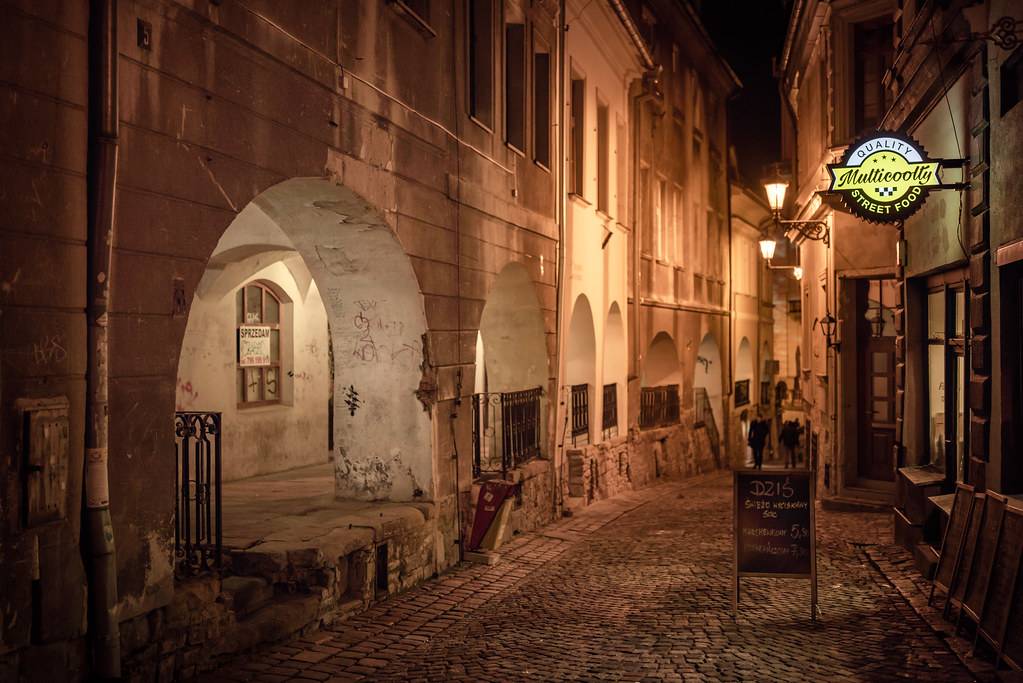
The title of European Capital of Culture is not just a cultural accolade; it is seen as a potential economic driver for Bielsko-Biała, with the city anticipating over €56 million in investment through 2030. Klimaszewski noted that Bielsko-Biała’s economic development has been strong, but the city must now attract professionals in fields like IT by offering them enriching cultural experiences.
The city also faces tough competition. While some view Katowice and Lublin as prepared to host the event, Bielsko-Biała’s officials believe that their city, along with Kołobrzeg, may need the title more. According to Rafał Sakowski, interim director of the city’s cultural institute, winning the title would be a significant boost for Bielsko-Biała’s creative sector and overall development.
A key component of the city’s bid is its approach to harnessing local traditions while incorporating modern technological innovations. The bid places special emphasis on collaboration, which was evident in the development of the projects, many of which were created with input from local residents. Experts like Dr. Beatrice Garcia and Chris Baldwin, who have experience with ECC initiatives, contributed to shaping the proposal.
The outcome of the competition will be revealed on Wednesday, September 25, during a conference in Warsaw. Should Bielsko-Biała win, the city aims to leverage its title to promote long-term cultural and economic benefits.
The European Capital of Culture initiative, started in 1985, designates a city within the European Union to hold the title for one year, during which it hosts various cultural events with a European dimension. Poland last hosted the title in 2016 with Wrocław.

